Haworthia Zebra Plant White Stripe Aloe Spiky Indoor Plant Etsy

Spiky House Plants Names imghobo
Spiky houseplants are a type of plant that have sharp, pointy leaves. They can add a lot of interest to your home decor, and they're relatively easy to care for. They can also make a great addition to any indoor space. These plants are also known to purify the air and improve indoor air quality.
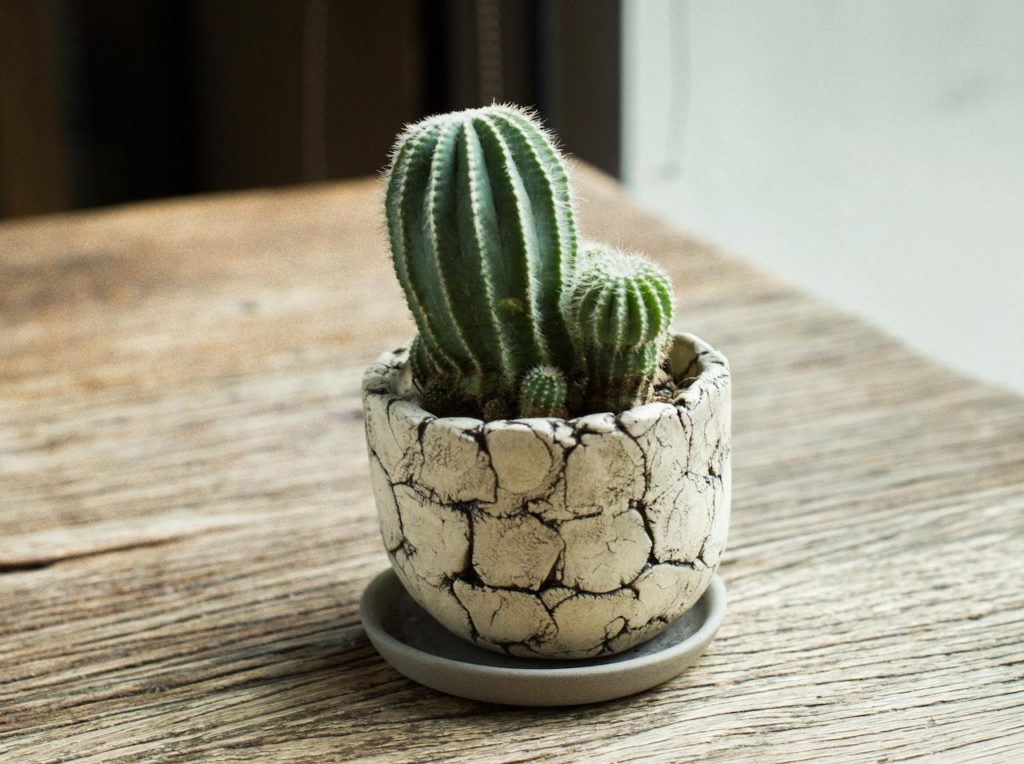
9 Most Resilient Spiky Indoor House Plants That Will Survive Even The Harshest Conditions
Many spiky plant species are native to warm climates - either desert or tropical. When kept indoors, make sure that the temperature stays above 60 to 75 degrees Fahrenheit. Be sure to keep your plant away from any air vents. Soil. Some spiky plants prefer sandy soil, and some prefer clay soil. All of them, however, require well-draining soil.
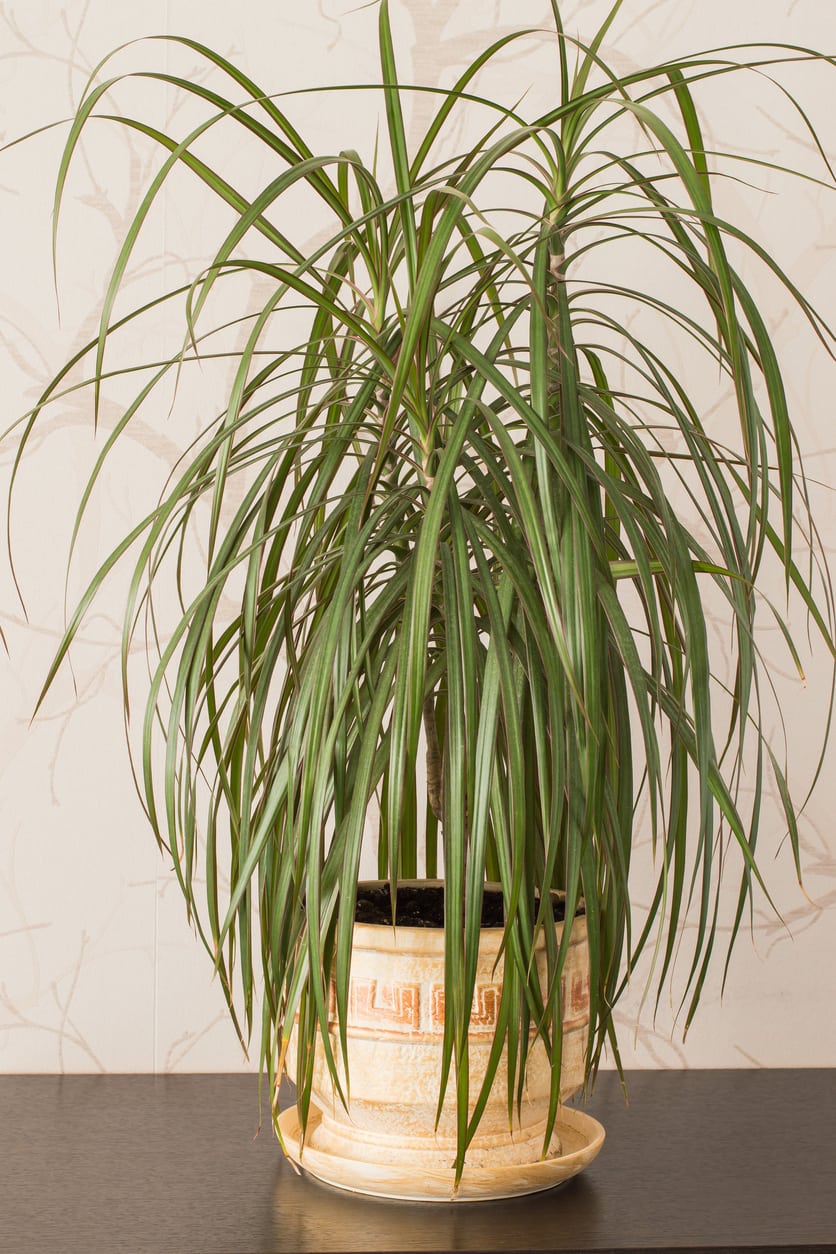
Spiky House Plants Names imghobo
The 10 Best Spiky Plants for Your Home: This blog post sports a collection of the best spiky house plants we have come across. These posh greens have a subtle flare and are also sharp enough to ward off unwelcomed visitors! 1. Agaves; Yummy Goodness. You might recognize this one by its long, spiked-shaped leaves.

Dracaena Marginata Spiky Texture plantandpot.nz
Aloe Vera is one of the most popular indoor plants with spiky leaves. Its leaves are also typically long and form a vase shape from the root. It is called spiky because the edges of its leaves are razor-sharped that it can easily prick your fingers. Aloe Vera doesn't only beautifies homes and gardens but is also medicinal.

39 Awesome Dracaena Spike Plant Care Fulton
indoor-plants outdoor-growing The plant world has impressive variety when it comes to appearance and modifications made to survive in their respective environments, and that includes those that feature spikes and thorns.
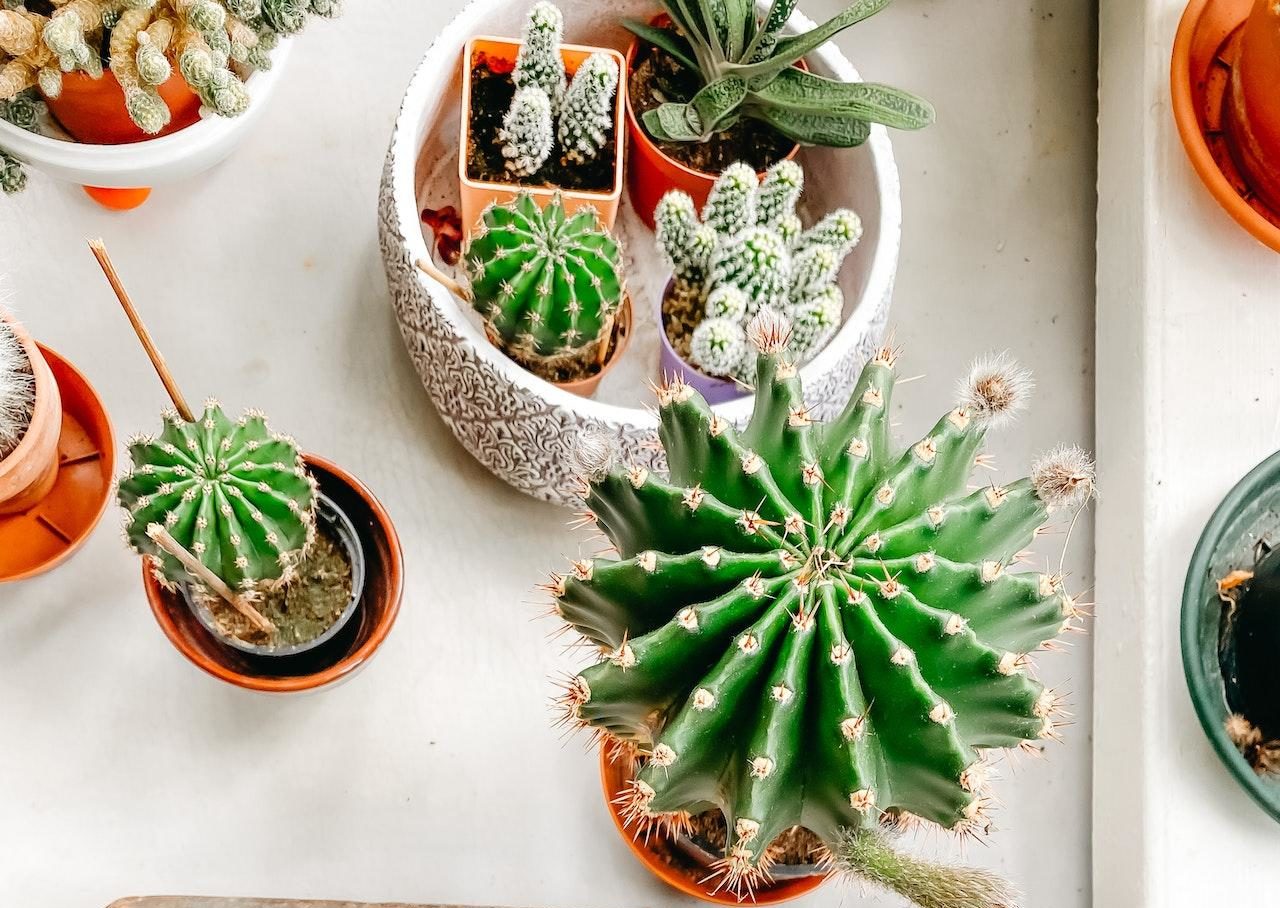
9 Most Resilient Spiky Indoor House Plants That Will Survive Even The Harshest Conditions
Spiky indoor plants are some of the most resilient plants that you can have in your home. They can survive in the harshest conditions and still thrive. Credit: Pexels Here are some of the benefits of having spiky indoor plants in your home: 1. They are low maintenance. Spiky indoor plants are very easy to care for.

Long spiky viney indoor plant? Got from a coworker and she doesn't know the name. whatsthisplant
Place your plant in bright, indirect sunlight. Spiky plants need bright light to grow, but too much direct sunlight can scorch their leaves. Water your plant when the top inch of soil is dry. Allow the water to drain completely, and do not leave your plant sitting in water. Fertilize your plants once a month during the growing season.

Spiky Succulent Plants A Guide To Growing And Caring For These Unique Plants
The 7 Beautiful Spiky Indoor Plants not only bring interest to your living space but also are easy to grow. It is good news for those who are beginners or love gardening but don't have much experience, right? Check them out to find their different features as well as choose some you love. Like other houseplants, they can adapt to all conditions.
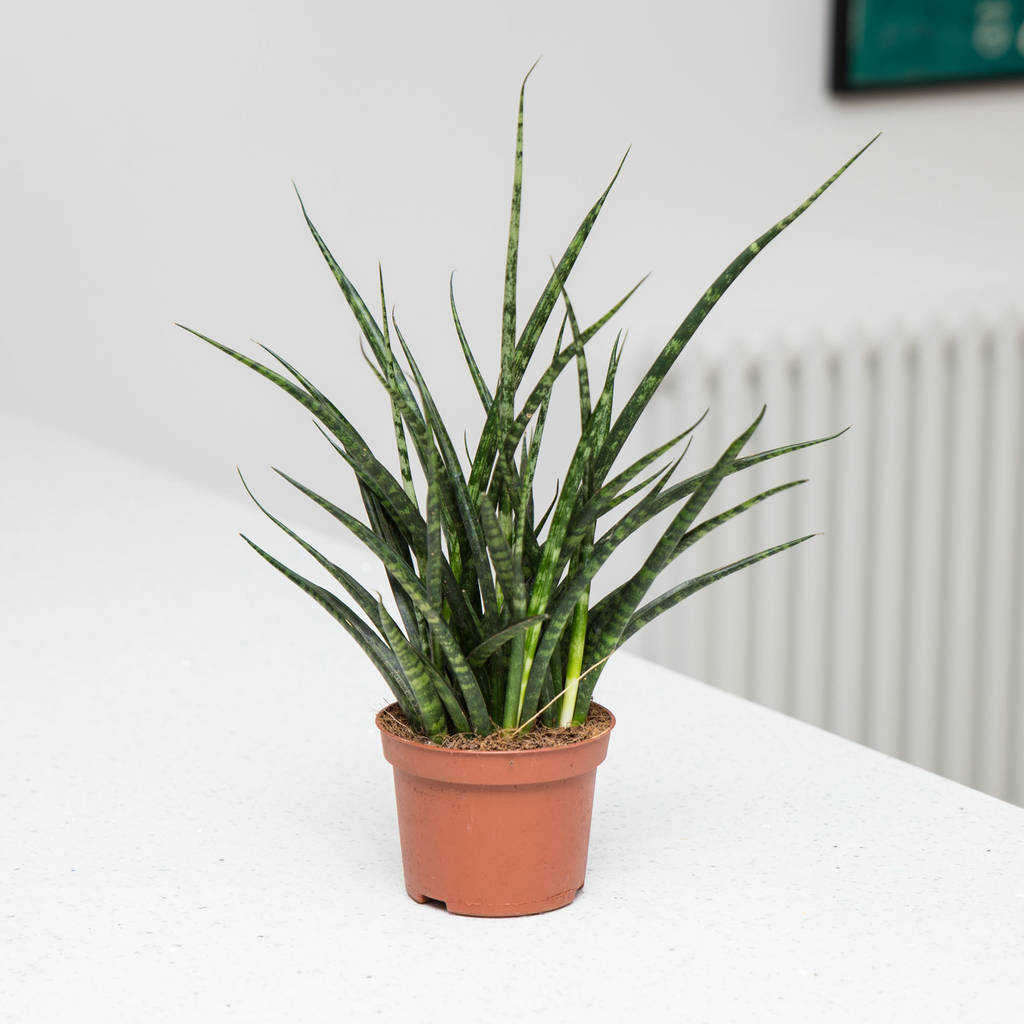
Super Spiky Milt Punk 'sansevieria Punk' House Plant By Stupid Egg Interiors
Spiky indoor plants are beautiful with stunning foliage and sometimes gorgeous flowers. Hence, most indoor plant lovers add them to their houseplant collection. If you want to have one of them in your house, you must handle these plants with care, as their sharp tips or spines can be uncomfortable.
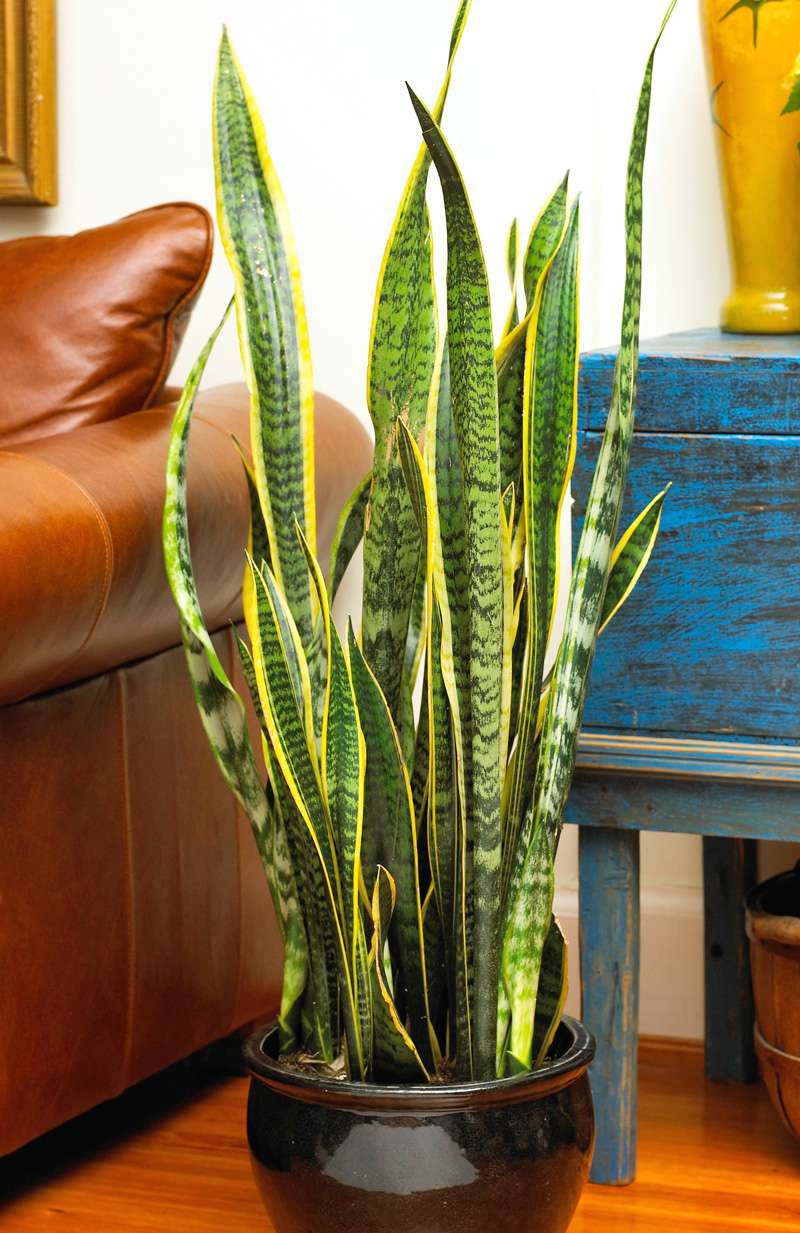
Spiky House Plants Names imghobo
The WiZink Center, or Sports Palace of the Community of Madrid, It is a benchmark in terms of entertainment, both at a sporting and cultural level. It comprises a singular building, with a central location, which was inaugurated in 1960, managed and renovated by the Community of Madrid from 1985 and, as a result of a fire in 2001 modernized and reopened in 2005. can house up to 17.453.

Free Image on Pixabay Bromeliad, Spiky, Pink, Flower Fertilizer for plants, Indoor flowering
There are many different spiky indoor plants to choose from and most of them are ideal for beginner gardeners. Here are 7 attractive houseplants with spiked leaves. This post contains affiliate links. Please read the disclosure for more info. 7 SPIKY HOUSEPLANTS 1. Aloe Vera (Aloe barbadensis)
[UK] [Indoor] Any ideas on my new spiky succulent friend? r/whatsthisplant
Spiky houseplants are a great addition to any indoor space! Not only do they add a touch of greenery, but they can also help purify the air- which is one of the numerous benefits of spiky houseplants. These plants, just like other houseplants, need adequate care for growth and development.

7 Beautiful Spiky Indoor Plants Best bathroom plants, Indoor plants, Plants
Fertilize your plant regularly. Spiky plants are heavy feeders, so they need to be fertilized every few weeks. Be sure to use a fertilizer that is specifically designed for indoor plants. Keep your plant away from drafts. Spiky plants are sensitive to changes in temperature, so they should be kept in a spot that is warm and consistent.
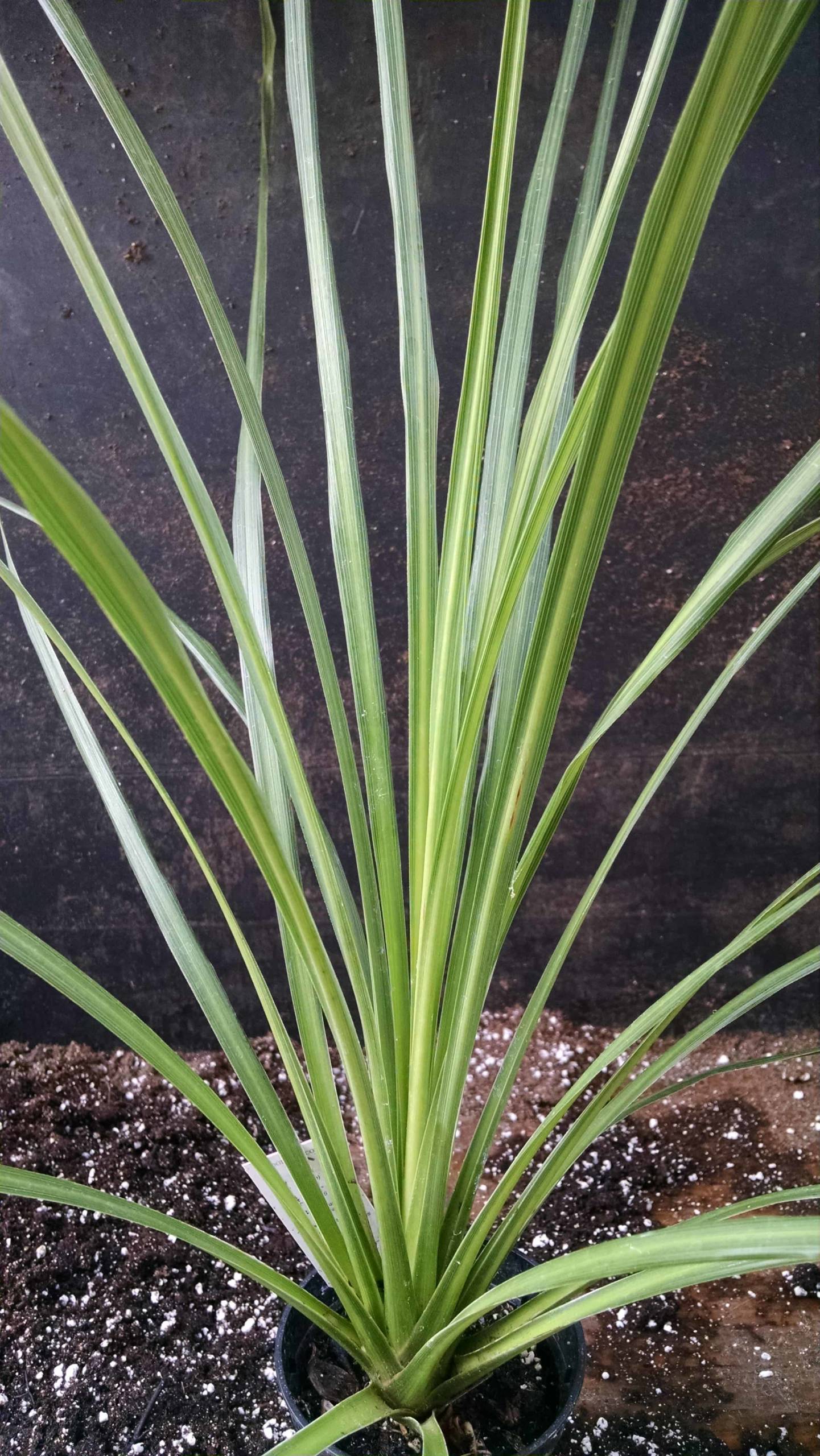
Spikes Dracaena Houseplants by Studley's
With a little bit of care, spiky succulents can make a great addition to your indoor plants. The Best Places To Buy Spiky Succulent Houseplants 1. Online. Etsy, Amazon, and eBay are all great online marketplaces to find spiky succulents. You can often find a wide variety of succulents to choose from, and the prices are usually very reasonable. 2.
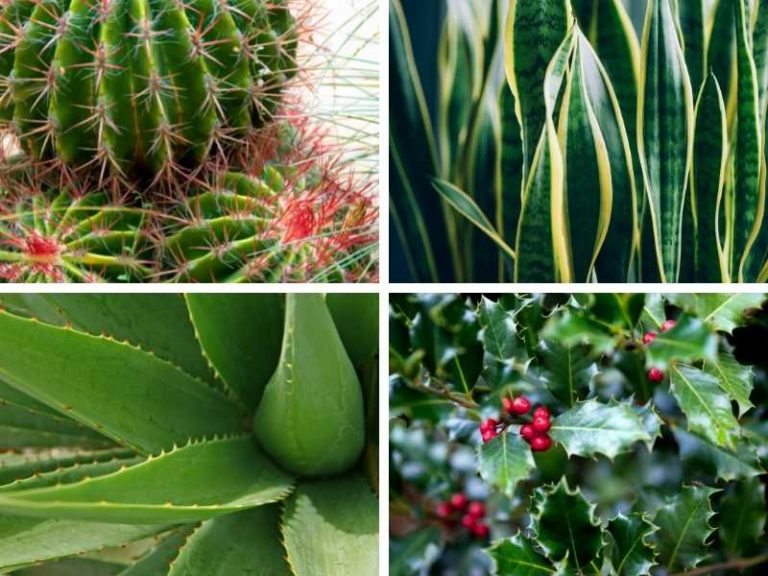
9 Plants with Spiky Leaves for Indoors and Outdoors
The Allure of Spiky Indoor Plants: A Guide to Edgy Greenery Embracing the Spikes: An Introduction to Spiky Indoor Plants. When you step into a room graced with spiky indoor plants, there's an immediate sense of being in the presence of something truly extraordinary. These plants, with their pointed tips and rigid foliage, bring an element of.

Sansevieria cylindrica Spikes Cylindrical Snake Plant Sansevieria cylindrica, Plants, Snake
1. Agave (Agave Spp.) The most known genus of Agave is the A. Americana plant which is also known as the "century plant" or "sentry plant". This plant with spiky leaves is native to hot areas of the American continent and prefers arid conditions. Agaves have dark green to steel blue foliage that has prickly leaves.